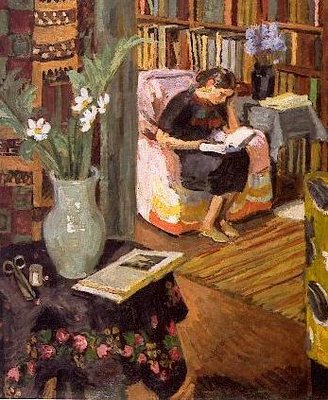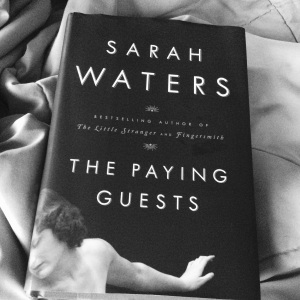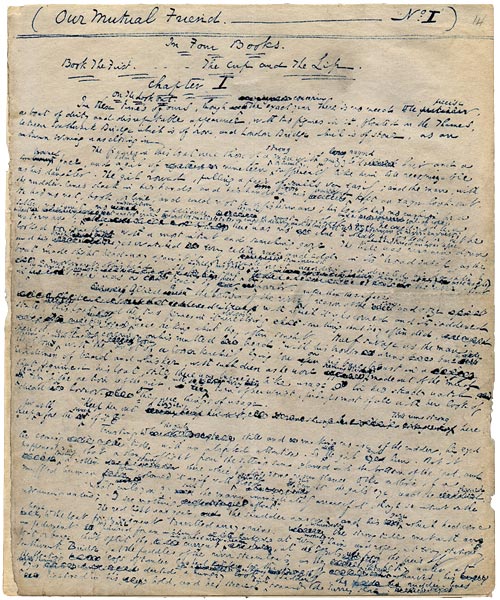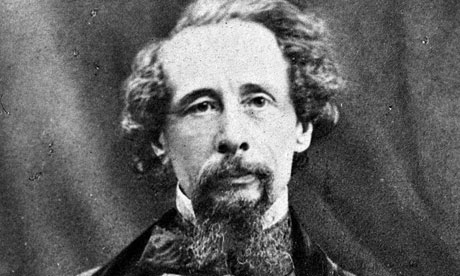“We are thankful to come here for rest, sir,” said Jenny. “You see, you don’t know what the rest of this place is to us; does he, Lizzie? It’s the quiet, and the air.”
“The quiet!” repeated Fledgeby, with a contemptuous turn of his head towards the City’s roar. “And the air!” with a “Poof!” at the smoke.
“Ah!” said Jenny. “But it’s so high. And you see the clouds rushing on above the narrow streets, not minding them, and you see the golden arrows pointing at the mountains in the sky from which the wind comes, and you feel as if you were dead.”
The little creature looked above her, holding up her slight transparent hand.
“How do you feel when you are dead?” asked Fledgeby, much perplexed.
“Oh, so tranquil!” cried the little creature, smiling. “Oh, so peaceful and so thankful! And you hear the people who are alive, crying, and working, and calling to one another down in the close dark streets, and you seem to pity them so! And such a chain has fallen from you, and such a strange good sorrowful happiness comes upon you!”
Her eyes fell on the old man, who, with his hands folded, quietly looked on.
“Why it was only just now,” said the little creature, pointing at him, “that I fancied I saw him come out of his grave! He toiled out at that low door so bent and worn, and then he took his breath and stood upright, and looked all round him at the sky, and the wind blew upon him, and his life down in the dark was over!—Till he was called back to life,” she added, looking round at Fledgeby with that lower look of sharpness. “Why did you call him back?”
“He was long enough coming, anyhow,” grumbled Fledgeby.
“But you are not dead, you know,” said Jenny Wren. “Get down to life!”
Mr Fledgeby seemed to think it rather a good suggestion, and with a nod turned round. As Riah followed to attend him down the stairs, the little creature called out to the Jew in a silvery tone, “Don’t be long gone. Come back, and be dead!” And still as they went down they heard the little sweet voice, more and more faintly, half calling and half singing, “Come back and be dead, Come back and be dead!”








